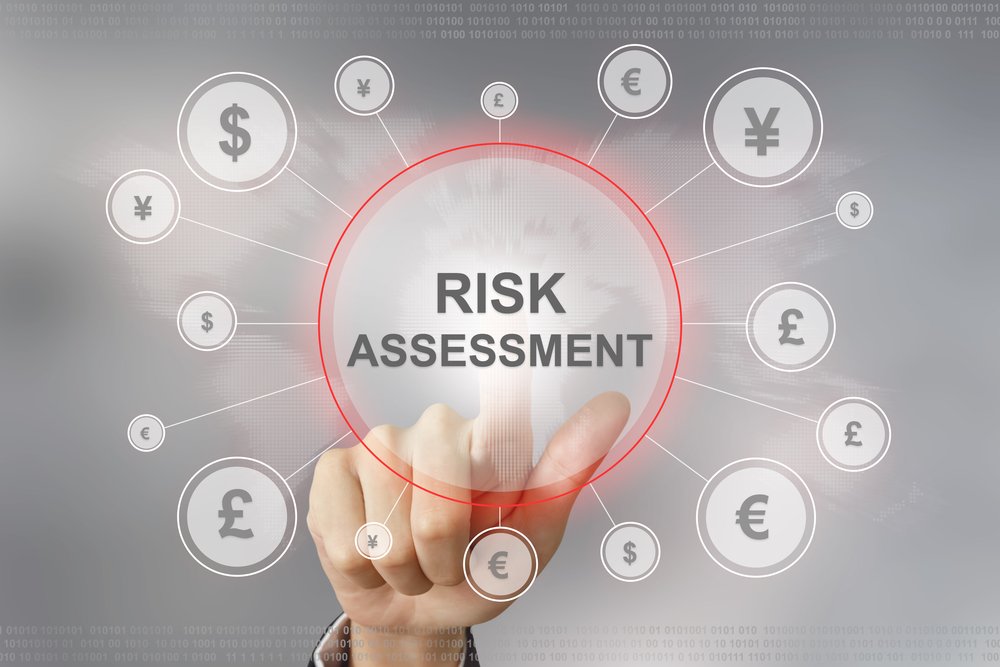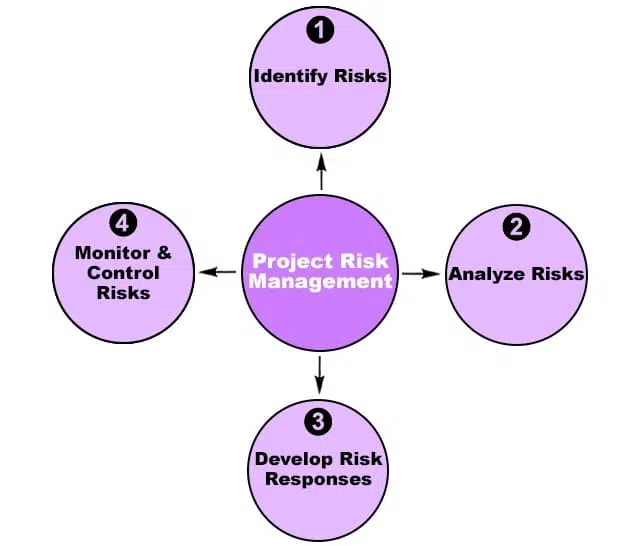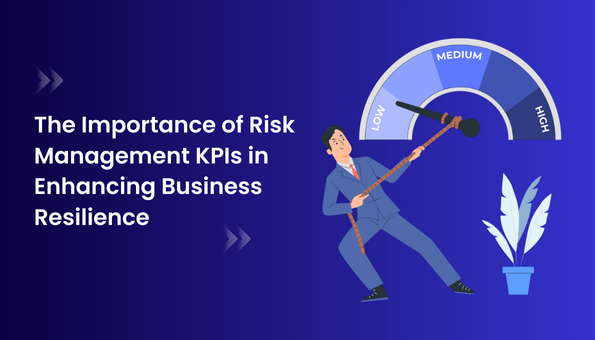Why Organizations Should Prioritize the Importance of Risk Management Now More Than Ever
Why Organizations Should Prioritize the Importance of Risk Management Now More Than Ever
Blog Article
The Crucial Relevance of Risk Management in Getting Organizational Goals
This is where Risk Management actions in, providing a structured technique to recognizing, evaluating, and mitigating prospective roadblocks to advance. As we discover the important duty of Risk Management in attaining business goals, one can't aid but question: just how does this convert into real-world success?
Understanding the Concept of Risk Management in Organization

The Indispensable Role of Risk Management in Strategic Planning
Incorporating Risk Management into tactical preparation acts as a secure for organizations, securing their long-term plans with a strong foundation of preparedness and durability. It runs as the company's radar, detecting possible risks and vulnerabilities that can interfere with the path towards attaining their stated objectives. Risk Management provides a framework for expecting unpredictabilities and devising suitable reactions, ensuring the organization's survival and prosperity even despite hardship. By including Risk Management right into calculated preparation, organizations can change these uncertainties right into chances for growth and advancement. This tactical interweaving of Risk Management fosters adaptability, making organizations much more durable and allowing them to navigate the ever-changing organization landscape with confidence. Risk Management ends up being a vital device in tactical planning, instrumental in safeguarding lasting success.

Techniques for Identifying, Assessing, and Focusing On Threats
The procedure begins with Risk recognition, employing tools such as SWOT evaluation, which helps in determining prospective risks and chances. Next, Risk analysis is performed to determine the prospective effect and probability of each Risk. Dangers are focused on based on their prospective effect and likelihood, permitting companies to concentrate their sources on critical dangers.
Safeguarding Organizational Operations Through Reliable Risk Management
In the company landscape stuffed with uncertainties, effective Risk Management plays a pivotal role in safeguarding business procedures. By identifying and assessing potential dangers, Risk Management allows companies to establish robust backup strategies. Organizations need to invest in detailed Risk Management methods to guard their operations.

Transforming Potential Dangers to Opportunities: The Power of Risk Management
While prospective hazards could originally show up as roadblocks to business success, efficient Risk Management can change them right into chances. A positive approach to risk Management entails determining, assessing, and focusing on dangers to devise approaches that transform them into potential advantages. This process demands the growth of a risk-aware culture within the organization, encouraging individuals to see threats as possible stimulants for change and growth, rather than mere risks. importance of risk management. Via this lens, possible hazards become opportunities to innovate, enhance processes, and reinforce strength. Thus, by leveraging the power of Risk Management, organizations can not only secure their procedures but likewise stimulate growth and accomplish their objectives in an unpredictable organization setting.
Situation Studies: Success Stories of Risk Management Driving Service Objectives
Effective execution of Risk Management approaches has yielded great post to read remarkable outcomes in various companies, emphasizing the merits of this strategy. Multinational companies like Microsoft and Google, for example, have actually leveraged Risk Management to minimize hazards and exploit chances, driving their company objectives onward. Microsoft's proactive Risk Management method helped it pivot quickly during the 2020 pandemic, transitioning to remote job efficiently, therefore maintaining productivity. Google, by evaluating and alleviating possible threats in its cloud-based services, has guaranteed undisturbed find solution, consequently reinforcing client count on. These instances show how effective Risk Management can not only guide companies free from prospective mistakes but also lead them towards their tactical objectives. Thus, Risk Management is essential to the pursuit of organizational goals.
Verdict
To conclude, Risk Management is essentially crucial in accomplishing business objectives. It offers a methodical strategy to identifying, evaluating, and addressing prospective threats and chances. More than just mitigating threats, it additionally fosters advancement, resilience, and sustainable growth. By integrating Risk Management right into tactical preparation, businesses can much better navigate unpredictabilities, protect procedures, and capitalise on chances, consequently straightening with lasting purposes.
At its core, Risk Management is the process of identifying, analyzing, and addressing potential threats that might adversely affect an organization's purposes or procedures. Next, Risk assessment is conducted to identify the possible effect click this site and likelihood of each Risk. Threats are focused on based on their prospective effect and chance, allowing organizations to focus their resources on high-priority threats. By identifying and evaluating prospective hazards, Risk Management allows organizations to develop robust backup plans. An aggressive method to risk Management involves recognizing, evaluating, and focusing on dangers to design methods that transform them into possible benefits.
Report this page